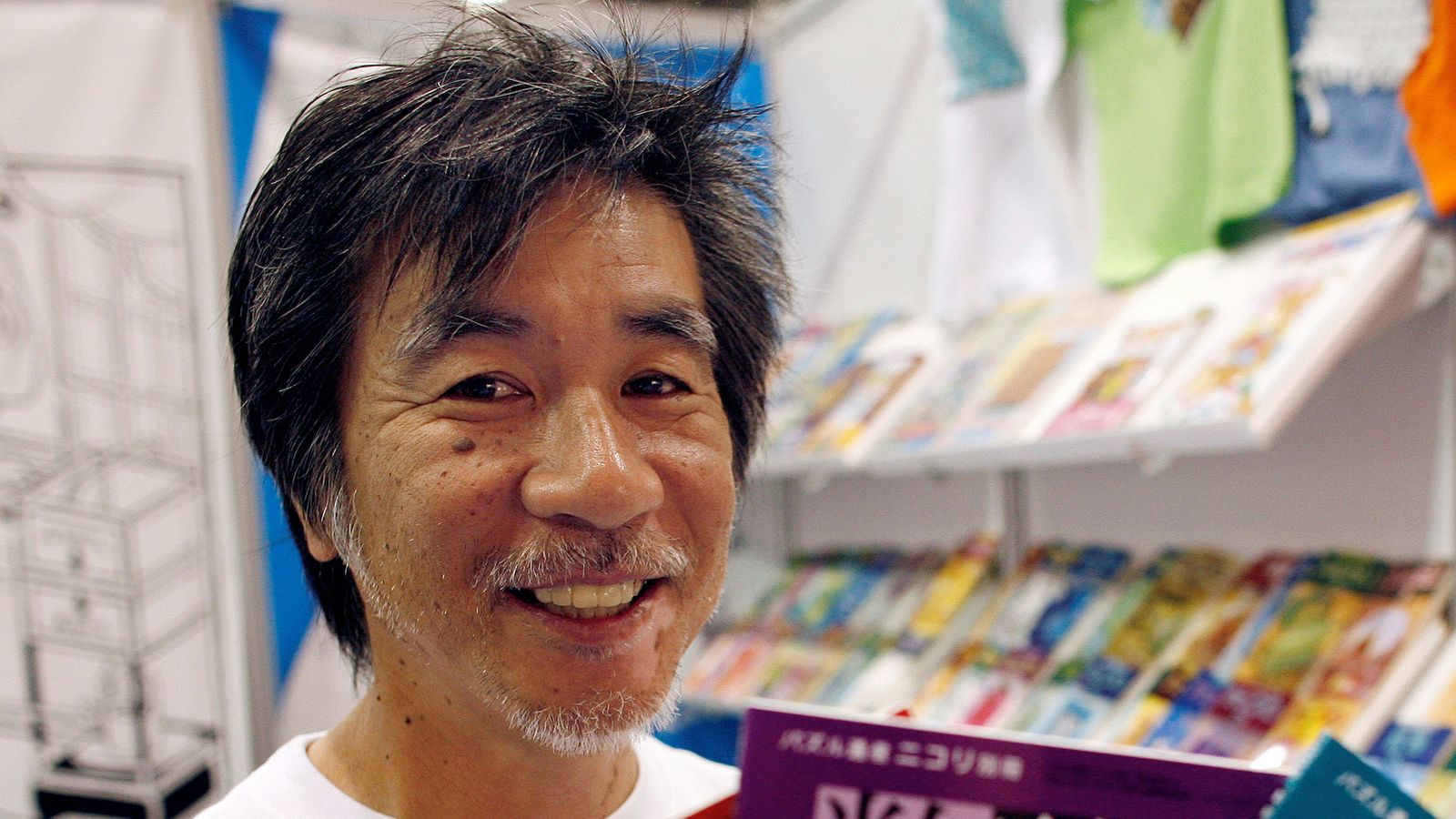A Japanese publisher who popularized the sudoku puzzle has died aged 69.
Puzzle enthusiast Maki Kaji created the sudoku using an existing number puzzle sometime in the mid-80s.
A university dropout who worked in a printing company before founding Japan‘s first puzzle magazine, Mr Kaji is credited with turning the grid-based maths problem into a worldwide phenomenon.
Sudoku is a contraction of the Japanese for “every number must be single” and the puzzle challenges people to fill a 9X9 grid of blocks, with nine boxes in each block so that all columns, both vertical and horizontal, contain the numbers 1 to 9 without repetition.
The number of filled-in figures for a grid at the start of the puzzle determines how difficult it is.
“Known as the Godfather of Sudoku, he was adorned by puzzle lovers around the world and we would like to express our gratitude to all of you,” his company, Nikoli, said on its website on Monday.
Mr Kaji continued to create puzzles with the help of readers of his quarterly magazine until he stepped down as head of his company in July due to ill health.
He died on 10 August after battling cancer.
“I get really moved when I see a new idea for a puzzle which has lots of potential,” he told the BBC in 2007, adding that the secret to inventing a good puzzle was to make the rules simple.
A post shared by ニコリ アンプク (@nikoli.official)
“It is like finding treasure. It’s not about whether it will make money, it is purely the excitement of trying to solve it.”
Sudoku became popular outside Japan around two decades ago after overseas newspapers began printing it.
Seen as a way to keep mental faculties sharp, more than 100 million people around the world are estimated to try the puzzles regularly.
A world championship has been held annually since 2006 and in 2005 sudoku was Oxford Dictionaries’ word of the year.
Last April, when Boris Johnson was admitted to hospital with COVID-19, it was reported the prime minister was playing the sudoku to help pass the time.






















